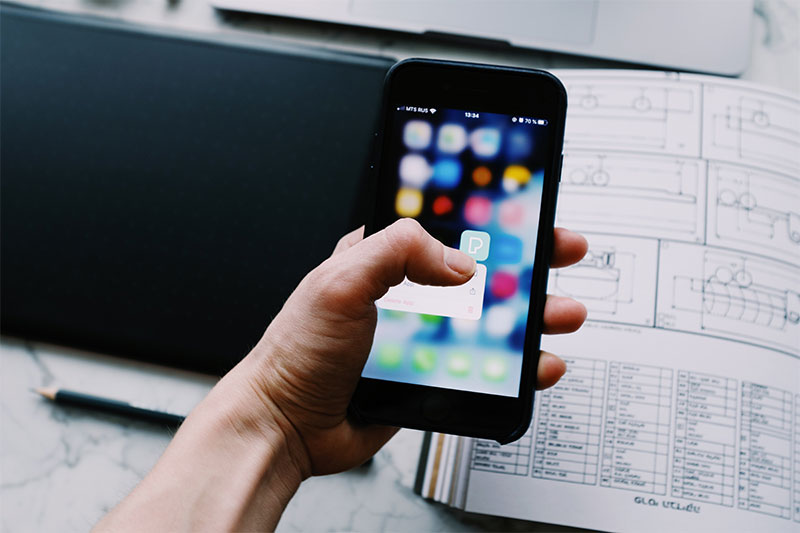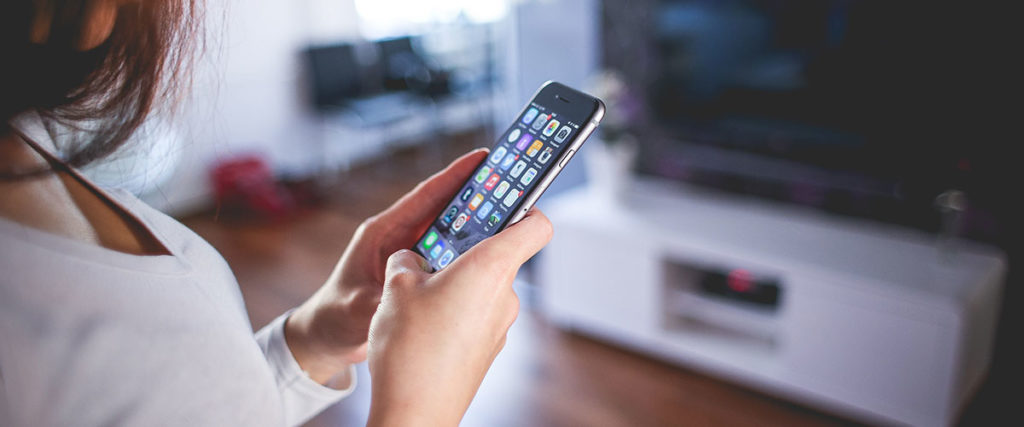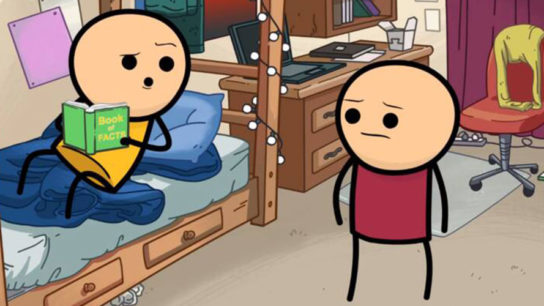If you constantly find yourself reaching for your phone for no reason, you may be long overdue for a digital detox. Here are 6 ways to start.
Nowadays, digital engagement is the norm, offering a seemingly endless stream of communication between you and others. With devices that allow you to be reached with a single tap, it can become increasingly difficult to maintain a healthy work-life balance. If your relationship with technology is negatively impacting your mental and physical health, it may be time to unplug. Here are some useful digital detox tips to get started!
Turn Off Your Push Notifications
Kick-off your digital detox by turning off as many unnecessary notifications as possible. Notifications can make it tempting for you to constantly reach for your phone, interrupting the tasks you have at hand and taking up hours of your time as you mindlessly refresh your Instagram page or scroll through your Facebook timeline for – let’s face it – the hundredth time. It has been established that simply receiving a notification is enough to distract you, regardless of whether you engage with it or not. Research has also found that it takes 23 minutes to regain focus after being distracted, which is why it’s important to have the self-discipline to avoid losing focus on the tasks at hand.
Declutter Your Apps
A simple, yet effective, way to cure digital addiction is by cleaning up the apps on your phone. A 2017 study found that the average smartphone user has over 80 apps on their phone, yet less than half these apps are frequently used. Deleting unnecessary apps from your phone can help minimise the distractions you face whenever you unlock your screen, leaving you more room to focus on the more important things in your life.
You may also want to consider categorising your apps and keeping only the most important apps on your home screen. With instant access to distractions like social media, it may be helpful to move these time-wasting apps to another page to avoid falling down a rabbit hole every time you check your phone.
You might also like 6 Things You Didn’t Know About Anxiety

Track Your Hours
One of the most important steps to cutting down screen time is to be aware of just how much time you’re actually spending on your phone. Start off by tracking your hours – there are loads of apps available to help with this, including iPhone’s own inbuilt screen time feature which allows you to see your most-used applications and the amount of time spent on them. Once you have gathered this information, you can start to cut down unnecessary usage wherever possible. Cutting down on screen time can help you to destress and unwind, improving mental awareness and leading to better productivity in the long run.
Set Boundaries
It is important to set boundaries and create separation when it comes to using your phone to avoid overreliance – try setting small, achievable goals to limit your screen time, such as creating “no phone zones” in the house or keeping your devices turned off until a specific time in the morning. Learning to unplug can free up time to focus on the other priorities in your life, like spending quality time with family and friends.

Make Use of Productivity Apps
Though it may seem counterintuitive, productivity apps can be a great way to help you become less reliant on technology, For instance, Flipd is an app that encourages you to spend time away from your phone by training your mind to stay focused on other tasks. The app keeps track of how long you unplug with its ‘Mindful Moments’ feature, which locks your phone for a specified period of time and can also help you with your digital detox by blocking distracting apps. Our productivity apps guide might also help you streamline your day and prevent mindless scrolling.
Create a Bedtime Routine
Though it may be tempting to give your phone one last scroll before bed, studies have shown that using electronic devices before bedtime can disrupt your sleep cycles (or ‘circadian rhythm’), leading to a shorter sleeping duration and increased sleep deficiency. Screens emit a specific form of blue light, which suppresses the release of melatonin, the hormone that helps us fall asleep. Setting a strict bedtime routine can help to regulate your circadian rhythm, allowing you to feel sleepy when you’re supposed to. Try putting down your electronics at least 30 minutes before your bedtime – experts recommend 7 to 9 hours of sleep per day, so plan accordingly!
Related Articles
How to Master Your Phone Before It Masters You
ORII: The Smart Ring that Promises a Future of Screenless Connectivity





